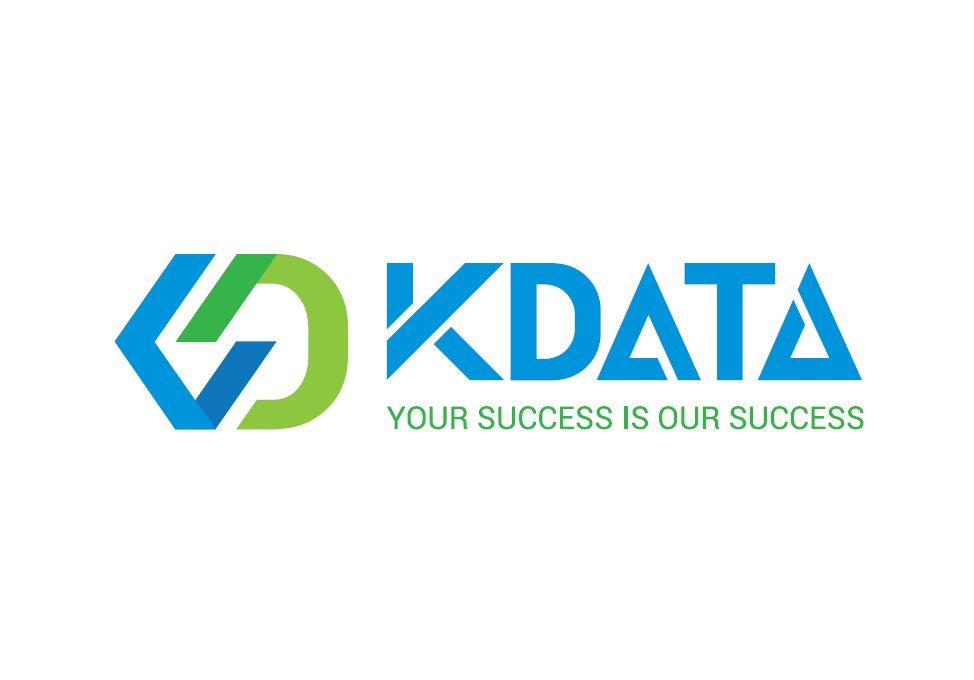Online education has gained significant traction as a viable and, in many cases, preferable alternative to traditional in-person learning. What once began as a niche option for adult learners, those in remote areas, or those seeking a flexible way to earn degrees, Nursing Assignments Online has now become a mainstream model for education. The global pandemic of 2020 further accelerated this shift, pushing educational institutions, from elementary schools to universities, to rapidly transition to online platforms. While online education offers numerous benefits, including accessibility, flexibility, and opportunities for self-paced learning, it also presents several challenges that need to be addressed for it to reach its full potential. This essay will explore the various aspects of online education, including its advantages, disadvantages, and how it is reshaping the future of education across the globe.
One of the most prominent advantages of online education is its flexibility. Unlike traditional classroom settings that require students to attend classes at set times and in physical locations, online education allows students to access materials, lectures, and assignments at their own convenience. This flexibility is particularly beneficial for students with complex schedules, such as working professionals, parents, or individuals living in remote areas. They no longer need to rearrange their lives around a rigid school schedule. Instead, they can learn at a pace that works for them, accessing lessons and completing assignments at times that are convenient. For example, a working parent can attend an online class in the evening after their children have gone to bed or over the weekend, making it easier to balance academic, personal, and professional commitments.
In addition to flexibility, online education offers increased accessibility. For students living in rural or underserved regions, access to quality education can be a significant challenge. Physical schools and universities may be few and far between, and those that do exist may not offer the specialized programs that students are interested in. Online education has the power to bridge nursing thesis writing services this gap by making courses and programs from institutions around the world available to anyone with an internet connection. Students can enroll in courses offered by top universities or specialized institutions regardless of their location. This democratization of access to education allows students to pursue higher education without the geographic limitations imposed by traditional in-person learning, offering an unparalleled opportunity to those who otherwise might not have access.
Online education also offers personalized learning experiences that traditional classrooms may not be able to provide. In a conventional classroom, the pace of instruction is generally uniform, with one instructor delivering the same lesson to a group of students. As a result, some students may find the material too easy, while others may struggle to keep up. In an online learning environment, however, students often have the ability to move through lessons at their own pace. Many online courses are designed to allow students to review material, repeat lessons, or advance to the next topic as soon as they are ready. This flexibility helps cater to different learning styles and paces, which can lead to better retention and understanding of the material. Additionally, online education often provides a range of supplementary resources, such as video lectures, quizzes, discussion boards, and digital textbooks, all of which can enhance the learning experience and make content more accessible to a wide variety of learners.
The self-paced nature of online education also fosters the development of important skills such as self-discipline and time management. Unlike in a traditional classroom where students are guided by an instructor’s schedule, online learners must take responsibility for organizing their time, setting goals, and adhering to deadlines. This independence nurs fpx 5003 assessment 4 can help students build essential skills that are valuable not only in their academic journey but also in their personal and professional lives. The ability to manage one's own time, stay organized, and remain motivated without constant supervision is a skill that will serve students well in their future careers and endeavors.
However, despite these advantages, online education is not without its challenges. One of the most significant drawbacks is the lack of face-to-face interaction. Traditional classrooms offer students the chance to engage in real-time discussions, ask immediate questions, and receive feedback from peers and instructors. These interactions are important for building communication skills, fostering collaborative learning, and creating a sense of community among students. In online learning environments, especially those that are asynchronous, students miss out on the immediacy and depth of these social interactions. While online platforms often offer discussion forums, group projects, and virtual office hours, these tools do not always replicate the dynamic, spontaneous interactions that take place in physical classrooms. The lack of in-person contact can lead to feelings of isolation for some students, making it harder to stay motivated and engaged in the course.
Another significant challenge of online education is the potential for distractions. Students who are learning from home or other non-traditional environments may struggle to maintain focus. In a traditional classroom, students are surrounded by a structured environment that is conducive to learning. In contrast, the home environment can be filled with distractions—family members, psyc fpx 3210 assessment 1 pets, household chores, or the temptation of social media. Maintaining concentration in such an environment can be difficult, especially for students who have not developed strong self-regulation skills. The lack of physical presence in a classroom also means that instructors are less able to monitor student engagement or provide immediate assistance if students fall behind. For some students, the absence of direct supervision and the freedom to work at their own pace can lead to procrastination or a lack of accountability.











